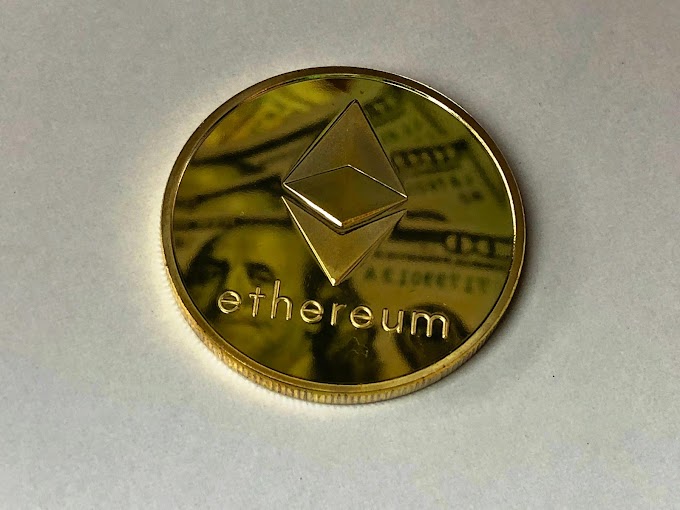Dogecoin (DOGE): Initially Created as a Joke, Now Widely Known and Used
Dogecoin (DOGE) is a cryptocurrency that began as a joke but has since gained a substantial following and significant market presence. It was created in December 2013 by software engineers Billy Markus and Jackson Palmer. The coin was inspired by the popular "Doge" meme, which features a Shiba Inu dog surrounded by humorous text in broken English (CoinMarketCap) (Blockworks).
Key Features:
Origin as a Meme Coin: Dogecoin was initially intended to be a fun and light-hearted cryptocurrency, differentiating itself from the more serious and technical projects in the crypto space. Its logo and branding are based on the Shiba Inu "Doge" meme, contributing to its viral appeal (Blockworks).
Community-Driven: One of Dogecoin's most notable aspects is its strong and active community. The Dogecoin community has been involved in various charitable endeavors and crowdfunding initiatives, such as sponsoring the Jamaican bobsled team to the Sochi Winter Olympics and raising funds for clean water projects in Kenya (CoinMarketCap) (Blockworks).
Inflationary Supply: Unlike Bitcoin, which has a capped supply of 21 million coins, Dogecoin has an unlimited supply. This inflationary model means that 10,000 new Dogecoins are mined every minute, ensuring a steady increase in the total supply over time (Blockworks).
Ease of Use and Low Transaction Fees: Dogecoin transactions are known for being quick and inexpensive. This makes Dogecoin practical for microtransactions and tipping content creators online, further enhancing its utility and adoption (CoinMarketCap) (Blockworks).
Historical Significance:
Dogecoin's history is marked by its evolution from a joke to a legitimate cryptocurrency with a large market capitalization. Its journey highlights the power of community and social media in driving adoption and value. Key moments in its history include endorsements and tweets from high-profile figures like Elon Musk, which have significantly influenced its price and popularity (Blockworks).
Use Cases:
- Tipping and Donations: Dogecoin is frequently used for tipping content creators on social media platforms and forums like Reddit and Twitter. Its low transaction fees make it ideal for small payments.
- Charitable Causes: The Dogecoin community has a history of using the cryptocurrency for charitable fundraising and donations, showcasing its potential for positive social impact (CoinMarketCap) (Blockworks).
- Speculative Investment: Despite its origins, Dogecoin has become a popular speculative investment. Many investors buy and trade Dogecoin, hoping to profit from its price volatility and market trends.
Controversies and Challenges:
- Volatility and Speculation: Dogecoin's price is highly volatile, often influenced by social media trends and public figures' endorsements. This can lead to speculative bubbles and significant price swings (CoinMarketCap) (Blockworks).
- Lack of Development: Compared to other cryptocurrencies, Dogecoin has seen relatively little development activity. Its codebase is largely unchanged, raising concerns about its long-term sustainability and security (Blockworks).
- Perception as a Joke: While its humorous origins have contributed to its popularity, they also pose a challenge in being taken seriously as a legitimate financial asset by traditional investors and institutions (CoinMarketCap) (Blockworks).
Despite these challenges, Dogecoin has carved out a unique niche in the cryptocurrency world. Its journey from a meme to a widely recognized and used cryptocurrency underscores the unpredictable and dynamic nature of the digital currency landscape.
Conclusion
Dogecoin's blend of humor, community engagement, and practical utility has ensured its place in the cryptocurrency market. Its continued success will depend on its community's ability to maintain enthusiasm and navigate the challenges of a rapidly evolving industry (CoinMarketCap) (Blockworks).






